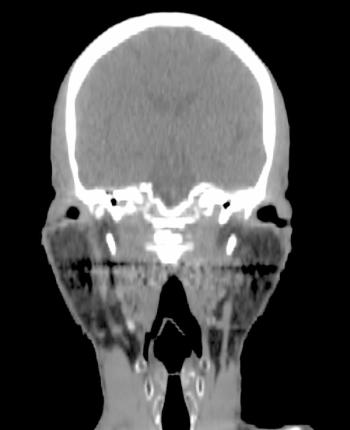
(AUDIO) In a brief podcast, the director of the University of North Carolina infectious diseases center ponders the implications of new HIV strains that lead to AIDS symptoms significantly faster than in the past. To him, the response is obvious. What troubles him is that not everyone seems to sense the urgency









